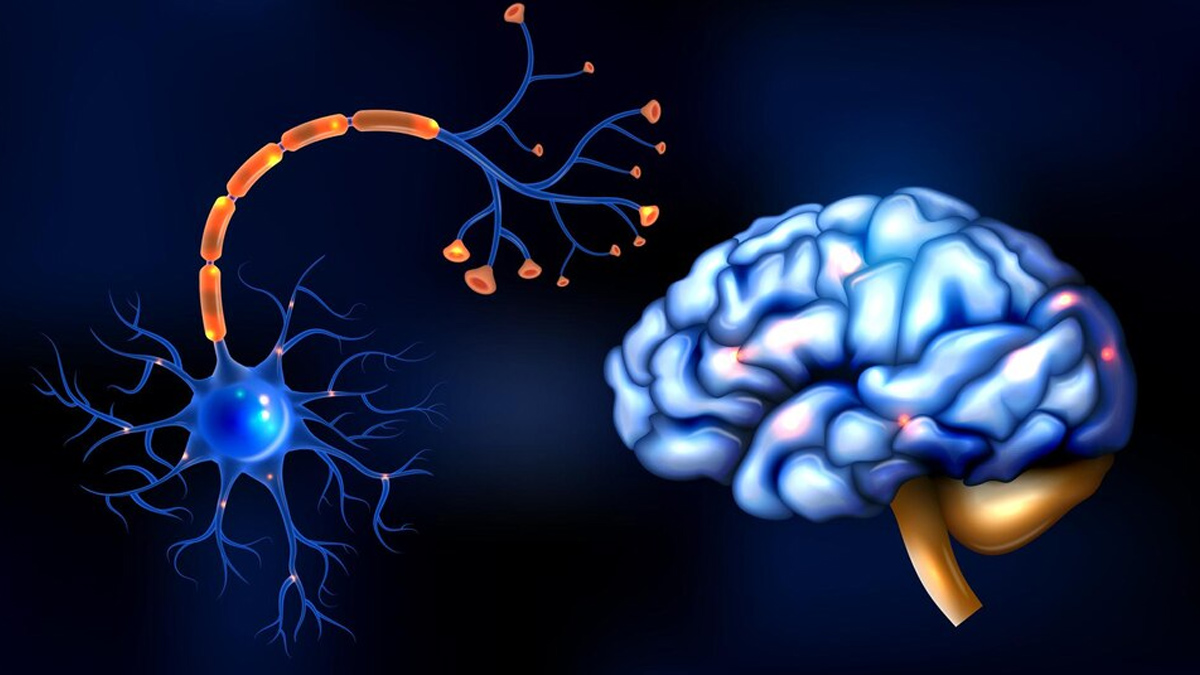
Intermittent fasting (IF) has been all over the internet for the past few years for weight loss. Almost every nutritionist, dietician, and even doctors recommend intermittent fasting for healthy weight loss and maintaining overall digestive health. However, intermittent fasting offers you more than just helping you lose weight. It is a potential preventive measure against various chronic diseases, including neurodegenerative conditions.
Table of Content:-
According to Dr Rajesh Benny, Senior Consultant Neurology, and Dr Vicky V Thakkar, Associate Neurologist, Fortis Hospital, Mumbai, the practice of intermittent fasting may offer protective effects against diseases like Alzheimer’s and Parkinson’s. Let’s understand through this article on how IF helps the prevention.
Understanding Intermittent Fasting
Intermittent fasting involves alternating periods of eating and fasting. Dr Benny explains that this practice is broadly divided into two types: periodic fasting and time-restricted eating. Periodic fasting involves longer fasting periods lasting from 2 to 21 days with minimal caloric intake, while time-restricted eating limits daily food intake to an 8-hour window or shorter.
During fasting, the body shifts from its regular energy production process, known as glycolysis, to other mechanisms. Initially, the body relies on glycogen stores in the liver, but after 24 hours, it begins to utilise fat and protein stores for energy. This metabolic shift improves insulin sensitivity, reduces body fat, and lowers levels of atherogenic lipids, blood pressure, and insulin-like growth factor 1 (IGF-1).
Also read: Neurodegenerative Diseases: How Stem Cell Therapy Is Used To Treat Them
Intermittent Fasting and Cognitive Function
Dr Vicky Thakkar emphasises that unlike typical diets, which can lead to gut dysbiosis and increased inflammation, intermittent fasting promotes gut eubiosis, reducing inflammation and potentially benefiting cognitive function. This is particularly relevant in the context of neurodegenerative diseases, which are often associated with chronic inflammation and oxidative stress.
Alzheimer's Disease and Intermittent Fasting
Alzheimer’s Disease (AD) is the most common cause of dementia, primarily affecting older adults. It is characterised by memory impairment and cognitive decline, largely due to the accumulation of beta-amyloid plaques and neurofibrillary tangles in the brain.
Studies have shown that intermittent fasting can help mitigate some of the pathological mechanisms underlying AD. Dr Benny notes that fasting may prevent the excessive accumulation of beta-amyloid in the brain, which is a hallmark of Alzheimer’s. Additionally, intermittent fasting can help manage glycaemic traits, which are increasingly linked to AD, sometimes referred to as Type III Diabetes. By reducing oxidative stress and inflammation, intermittent fasting may slow the progression of Alzheimer’s disease.
Also read: Exercise And Fitness: How To Keep Proper Workout Form During Intermittent Fasting

Parkinson’s Disease and Intermittent Fasting
Parkinson’s Disease (PD) is the second most common neurodegenerative disease, characterised by tremors, bradykinesia, and rigidity. The condition is primarily caused by the depletion of dopamine, a neurotransmitter crucial for motor control, due to the degeneration of dopamine-producing neurons in the brain.
Dr Thakkar highlights that dietary approaches like the ketogenic diet and the Mediterranean diet have shown potential benefits in managing Parkinson’s Disease. These diets, which affect the gut microbiome, may play a role in modulating the disease through the microbiota-gut-brain axis. Intermittent fasting, by promoting a similar metabolic shift and reducing inflammation, could also slow the progression of Parkinson’s disease or alleviate some symptoms.
While animal studies suggest that intermittent fasting may help slow the progression of neurodegenerative diseases, Dr Benny cautions that more research is needed to fully understand its utility in humans. However, given its potential benefits and minimal side effects, intermittent fasting is a promising approach that could be recommended for patients at risk of or suffering from neurodegenerative diseases.
Intermittent fasting offers a unique approach to reducing the risk and potentially slowing the progression of neurodegenerative diseases. Through its impact on metabolic processes, inflammation, and gut health, this dietary strategy holds promise as a tool for protecting brain health in the long term.
Also watch this video
How we keep this article up to date:
We work with experts and keep a close eye on the latest in health and wellness. Whenever there is a new research or helpful information, we update our articles with accurate and useful advice.
Current Version

